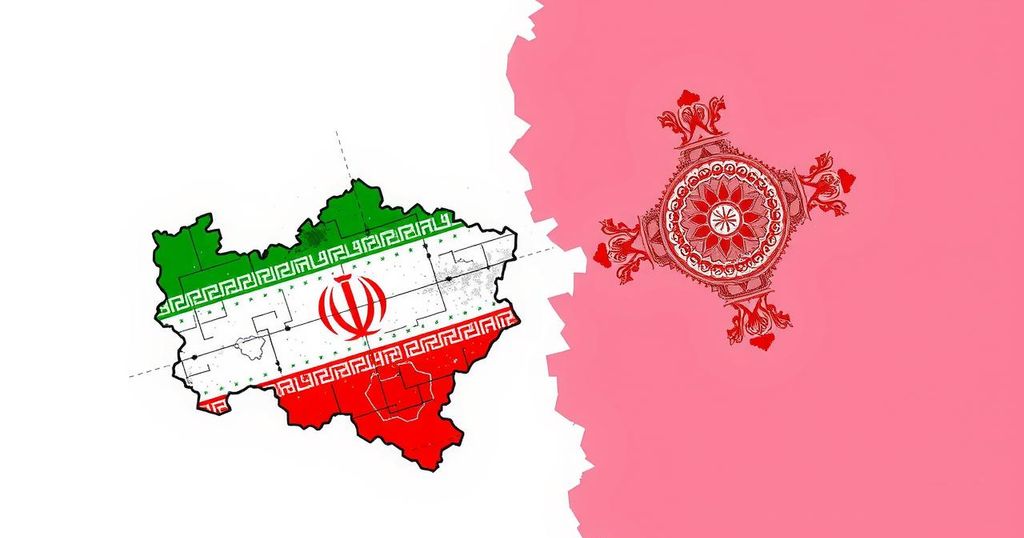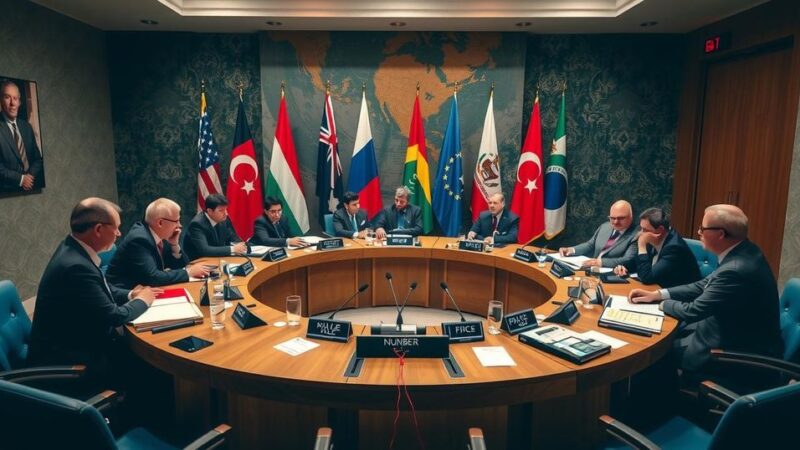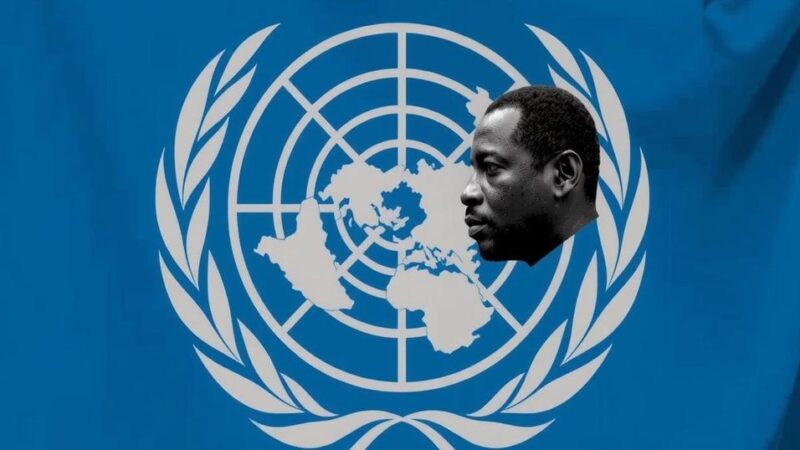The article discusses Russian President Vladimir Putin’s flexible foreign policy and the potential shift in Russia’s relationship with Iran. Although they have collaborated militarily and economically, diverging interests in Syria create tension. With Israel attempting to exploit this rift and Russia focusing on Ukraine negotiations, it becomes clear that Putin may not hesitate to pivot away from Iran to serve Russia’s strategic objectives.
Russian President Vladimir Putin, who claims to possess a black belt in judo, embodies flexibility in political strategy. Despite a lengthy partnership, Russia’s recent actions indicate a potential willingness to pivot from its alliance with Iran, motivated by shifting regional dynamics and opportunism. Historically, Russia has not intervened in conflicts like the Nagorno-Karabakh dispute, nor has it maintained consistent relations with all its partners. With Armenia gravitating towards the West and Russia interested in peace talks concerning Ukraine, the stages are aligning for a reevaluation of its ties with Iran. While Russia and Iran have recently collaborated on military and economic fronts, including arms deals and financial linkages to circumvent sanctions, their objectives in Syria illustrate a divergence. Russia aims to maintain Syrian stability while Iran seeks to wield Syria as a strategic asset against Israel. Following the diversion of Russian resources to the Ukraine conflict, Iran has filled the void, which has not gone unnoticed by Moscow. Notably, Israel’s efforts to exploit existing rifts have further complicated the geopolitical landscape. Russia’s military strategy in Syria has seen it actively prevent Iranian forces from gaining a foothold that might threaten Israeli security interests. This balancing act is crucial for Moscow, which seeks to maintain leverage in the region while ensuring that Iran does not exceed its bounds of influence. The recent declaration by Aleksander Lavrentiev, Putin’s Syrian envoy, emphasized Russia’s commitment to averting conflict escalation in Syria. Amid these changing dynamics, Israel’s diplomatic maneuvers aim to prevent Iranian weapon shipments via Syria, potentially straining its relations with Moscow. Moreover, Iran’s apprehension regarding Russian intentions reflects its understanding of the tenuous nature of their alliance, as articulated by Mehdi Sobhani, Iran’s ambassador to Armenia. Should Putin opt to distance himself from Tehran in favor of maximizing Russia’s influence, it would further illustrate the transactional nature of contemporary geopolitical affiliations. As the situation continues to evolve, Putin might find valuable leverage by utilizing Russia’s influence to restrain Iranian arms flow as part of broader peace negotiations concerning Ukraine. This scenario underscores the opportunistic nature of modern geopolitics, where alliances are fluid and driven by self-interest rather than ideological commitments. In this landscape, Putin’s willingness to shift away from Iran is a stark reminder of the complexities and unpredictability of international relations.
In recent years, the geopolitical landscape involving Russia, Iran, and Israel has been characterized by complex relationships marked by changing allegiances and strategic interests. Russia’s historical role in the Middle East has often swung between supporting and opposing different states based on its national interests. The ongoing conflict in Ukraine has realigned Russian priorities, prompting shifts in its foreign policy, particularly regarding its interactions with Iran and Israel. The competition for influence in Syria and the broader Middle East has become a critical factor in these shifting dynamics, as countries seek to secure their own strategic advantages amid regional instability.
The evolving relationships between Russia, Iran, and Israel reflect a competitive and opportunistic geopolitical landscape. As alliances shift and countries reassess their strategic interests, Russia’s potential distancing from Iran illustrates its flexible approach to foreign policy. By leveraging its role in Syria and possible negotiations concerning Ukraine, Moscow demonstrates a willingness to profit from its relationships, placing national interests above ideological loyalty. As these dynamics unfold, the complexity of modern international relations is brought to the forefront, revealing the fluid nature of alliances and rivalries.
Original Source: www.newsweek.com






